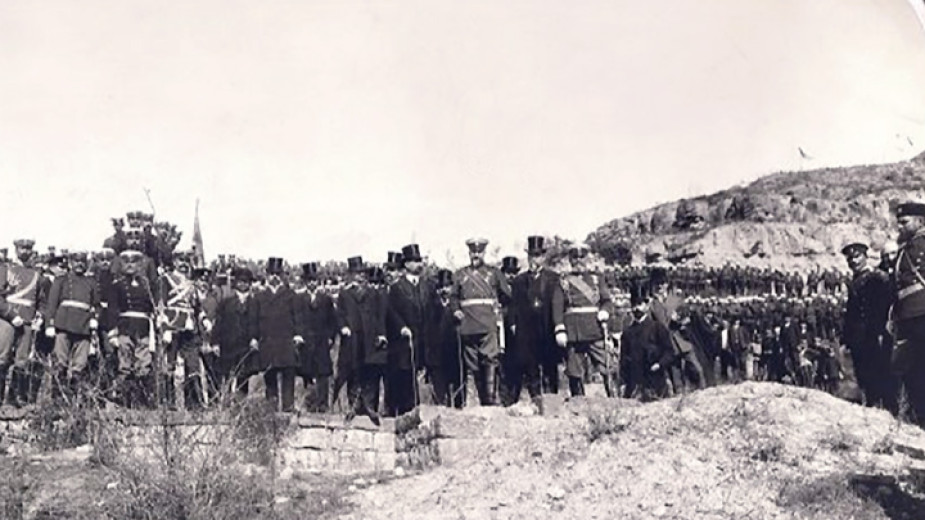
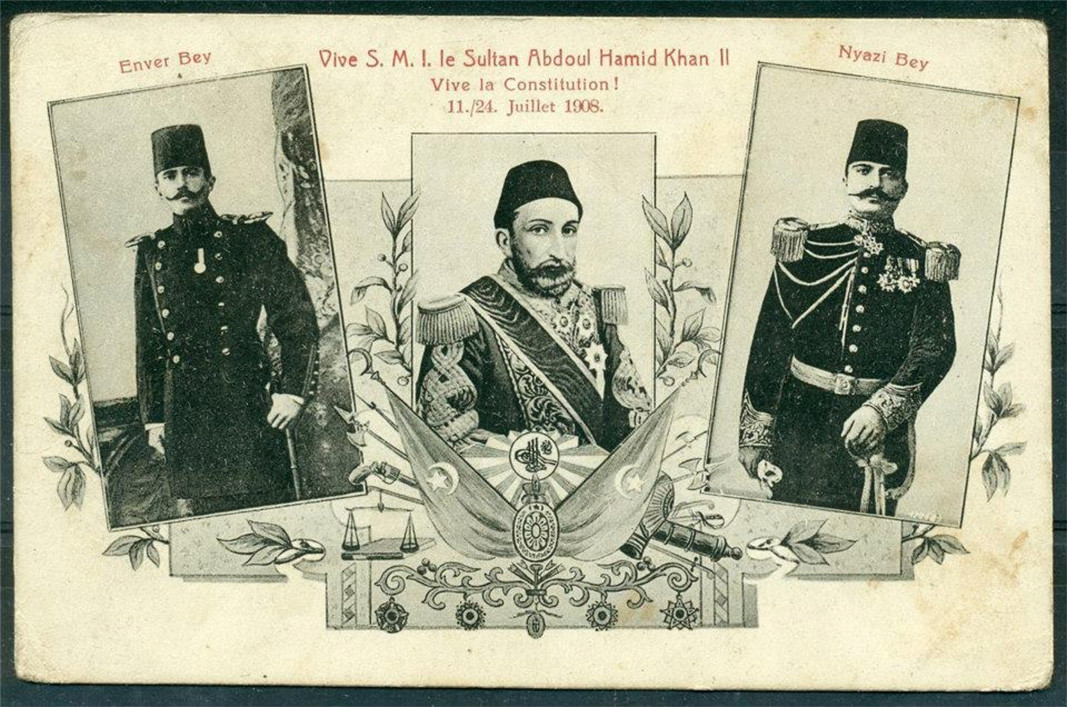
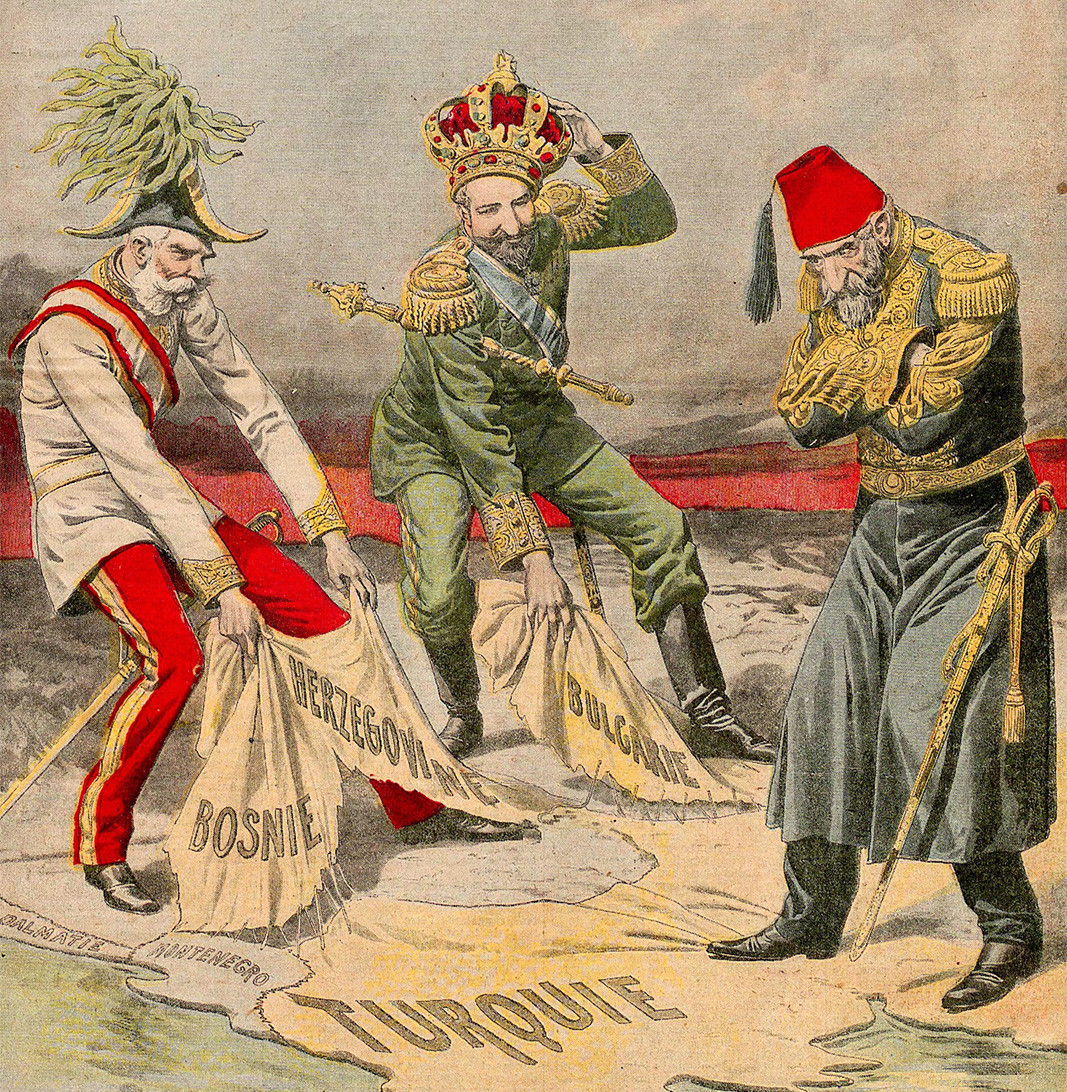
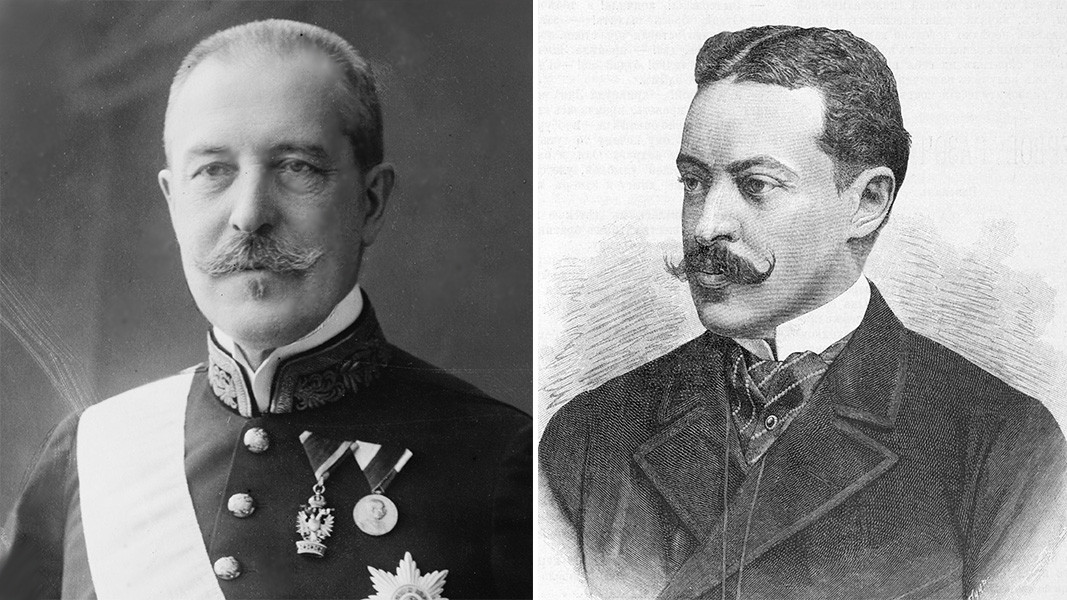
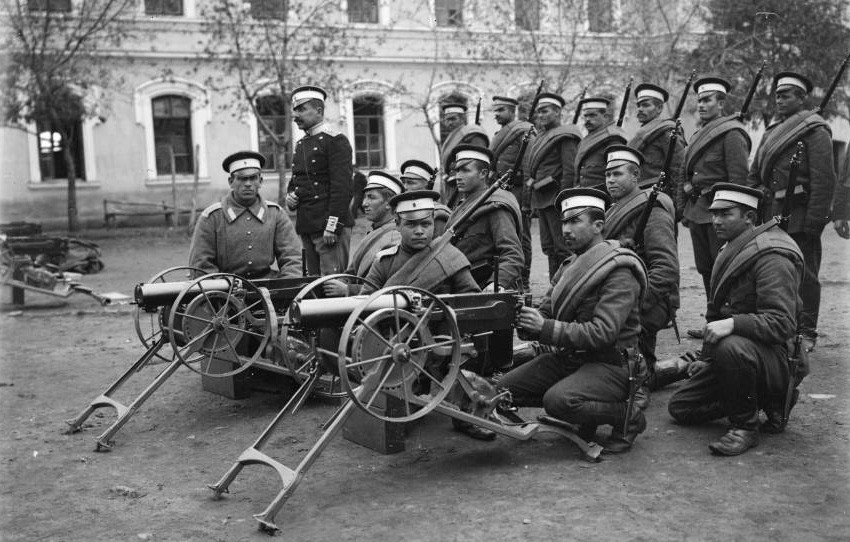
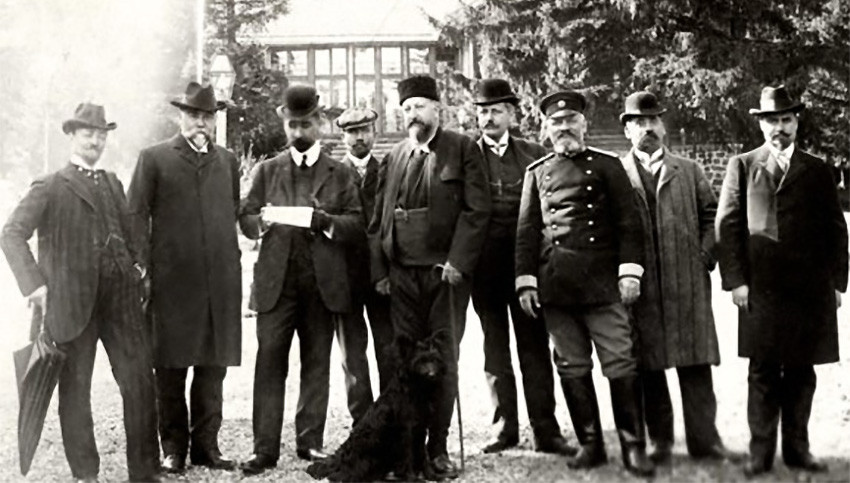

On February 16, Radio Bulgaria celebrates its 89th anniversary . Throughout these years, our multilingual media has been not only a channel of information, but also an invaluable link with our audience around the world. Today, Radio Bulgaria offers rich..
10 March is the Bulgarian Day of Rescue of Bulgarian Jews, Holocaust Victims and Crimes against Humanity With commemorative events in Sofia and in Russe with the participation of officials from Bulgaria’s Foreign Ministry, public administration,..
On 25 January 1935, Tsar Boris III signed the decree establishing the Bulgarian National Radio. The document, which officially marked the beginning of "Radio Sofia", as the Bulgarian National Radio (BNR) was then called, made radio broadcasting in Bulgaria..

+359 2 9336 661
